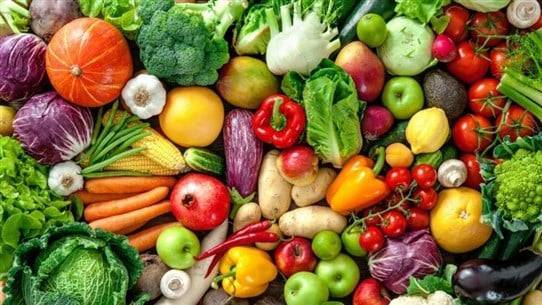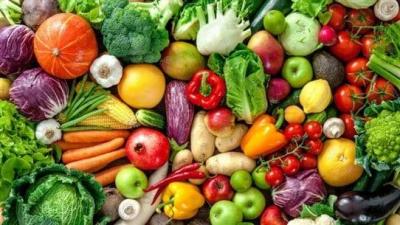This phrase is often repeated by many customers at vegetable shops, reflecting public concerns about buying vegetables and fruits since the announcement of the rapid spread of cholera. This fear has negatively impacted vegetable sales, particularly leafy greens. “God rest the days of Corona; at least we knew how to avoid it. Now, the water we drink and the food we can buy have become sources of danger. What is left for us?” asks a housewife shopping for vegetables, confirming her inability to “distinguish good vegetables from bad ones—should I rely on the seller's word?” Another woman complains, “We don’t even know what we should be concerned about. Even boiling water for sterilization requires gas.” A third woman states, “It’s been ten days since my house has seen parsley, tomatoes, or cucumbers. We are only eating grains now.”
The decline in leafy green sales has been significant. Abu Ali Khalaf, a vegetable shop owner in Beirut, reports that sales of leafy greens like parsley, coriander, lettuce, and mint have dropped sharply over the past week “because people are scared and taking precautions.” He warns of worse to come, as vegetables will be arriving from Akkar in about ten days, which supplies 70% of market needs, and some water samples revealed by the Ministry of Health were contaminated with cholera, indicating real fears associated with this.
Khalaf holds state officials responsible for the plight of farmers and vegetable shop owners. “Today, most vegetables in the market come from Bekaa, Jbeil, and Akkar, and most of them are irrigated with contaminated water, which is not new. Instead of addressing the root of the problem, they are warning people against vegetables.”
Contaminated irrigation water is not a new issue. It is well known that most crops are located in the central and northern Bekaa regions, including over 5,000 hectares adjacent to the Litani River, irrigated from it. The water there is a mix of sewage and waste from factories and hospitals, with some areas near the dysfunctional waste treatment plant in Eyyat. Additionally, in the north, crops are irrigated from the contaminated water channel of the Al-Bared River.
Sami Alouie, head of the Litani River National Authority, reminds us that he has been sending annual letters to the relevant ministries and authorities to prevent irrigating crops from the Litani River. He states that decisions were made to ban such irrigation “and the state used to assist us in destroying some crops, but unfortunately, this decision was not enforced properly due to the inability of security forces and the vastness of agricultural lands, along with the farmers' influence.”
According to Alouie, “Today, there must be a complete ban on irrigating crops with the waters of the Litani River and its tributaries, with a necessity to ensure health security, the quality of irrigation water, and food safety, while simultaneously providing alternatives for farmers, as the state has not established any irrigation projects. The Ministry of Energy has allowed the drilling of wells only for those who have significant influence and connections.” He urges the Ministry of Energy and Water to facilitate the implementation of Law 192/2020 regarding licensing wells to allow farmers to secure clean water for irrigation.
In the north, where fears are growing, Khaled Obeid, director general of the North Lebanon Water Establishment, affirms that most farmers irrigate their land from private wells and natural springs, “but in some places, sewage ends up in a river or a valley, contaminating the land.” He points out that the mini dam, which farmers irrigate from, is polluted, and this is not new, as open channels are susceptible to contamination. Moreover, the Ministry of Health revealed contamination of some drinking water sources with cholera.
Sources in the Ministry of Agriculture indicate that a request has been submitted to the Ministry of Health to define the infected areas and, based on that, to conduct a survey to assess crops in these areas and perform soil and water tests to identify the water source and the agricultural product. They will destroy anything found contaminated and provide compensation to farmers for the damaged crops. The Ministry of Energy is expected to allocate a portion of the fuel to operate wastewater treatment plants, one of the causes of the crisis.




